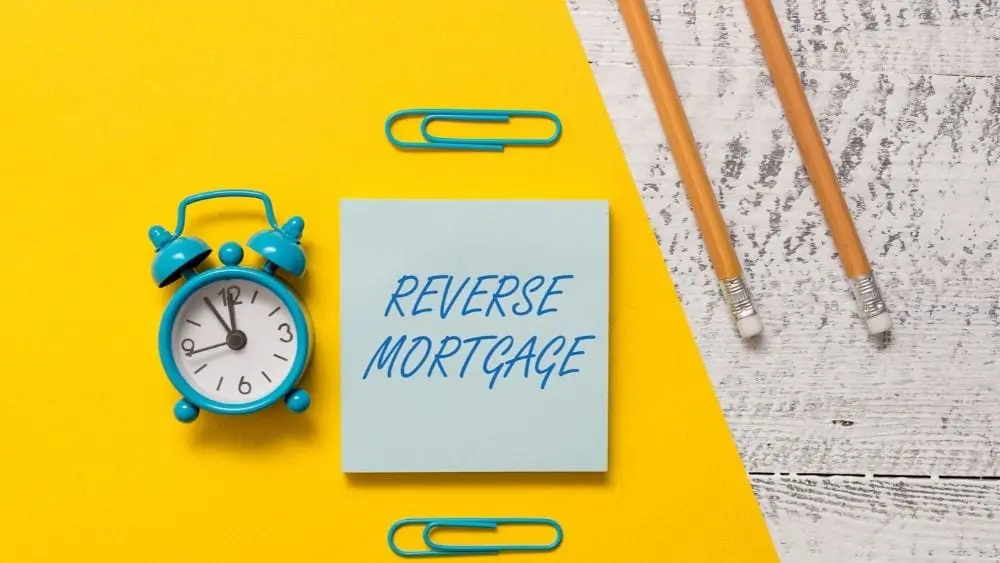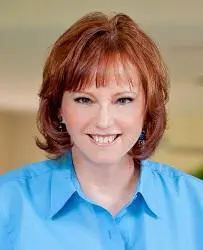
You’ve probably seen the television commercials. Celebrities we know and love—and more importantly, trust—are touting the benefits of reverse mortgages. Tom Selleck, Fred Thompson, Robert Wagner and even The Fonz, Henry Winkler, have all appeared on TV as spokespeople for various reverse-mortgage origination firms. But while these TV ads advertise the benefits of reverse mortgages, which can sometimes be a lifeline to cash-poor seniors, they may not tell the entire story.
What is a reverse mortgage?
A reverse mortgage is a type of loan that’s secured by your house but requires no monthly mortgage payments. You are still responsible for paying taxes and insurance on the house, as well as for repairs and maintenance. But the principal and interest on the loan do not need to be paid until a later date—when you sell or move out of the house, or pass away.
Reverse mortgages allow seniors to tap the equity in their homes, but defer payment of the loan. They are helpful to seniors who have built up equity in their homes but need to supplement their income.
The vast majority of reverse mortgages are offered through the Federal Housing Administration’s (FHA) Home Equity Conversion Mortgage (HECM) program. These mortgages are insured by the federal government and are only available through an FHA-approved lender.
While many people know that reverse mortgages can be used to provide income during the lifetime of a senior, fewer people know that a HECM can also be used to purchase a primary residence, provided that you have sufficient cash on hand to pay the difference between the HECM proceeds and the sale price and closing costs for the house.
“Typically, the borrower will be selling their current residence and relocating into a more appropriate living situation where they can continue to age in place,” says Steve Irwin, executive vice president of the National Reverse Mortgage Lenders Association, a trade group.
How to decide if a reverse mortgage is right for you
There’s a lot to consider before deciding whether a HECM is right for you. Before you are approved, you must meet with a HECM counselor to discuss your eligibility, the financial implications and alternatives. Counselors will also go over the specifics of your obligations under the loan. A list of approved housing counselors, as well as FHA-approved lenders, is available at www.hud.gov, or you can call 800-569-4287.
To be eligible for a HECM, you must meet the following requirements:
- Be over 62
- Own your property outright or have a considerable amount of equity
- Occupy the home as your principal residence
- Not be delinquent on any federal debt
- Have sufficient resources to be able to pay taxes, insurance, homeowners-association fees and other expenses on the house
- Participate in a session with an approved HECM counselor
For adjustable-rate reverse mortgages, borrowers can elect to receive monthly payments, establish a line of credit, or a combination of the two. For fixed-rate mortgages, borrowers will receive a lump-sum payment.
The amount you may borrow depends on the ages of you and your spouse, the current interest rate, and the value of the home. The HECM FHA mortgage limit is currently $679,650, as of June 2018.
Bear in mind that HECM reverse mortgages have costs as well. Although you can finance some of the costs and pay them using the proceeds of the loan, doing so will reduce the net available to you. Fees include mortgage insurance premiums, closing costs, an origination fee, interest and servicing fees. The initial mortgage insurance premium alone is 2 percent.
“The loans are not cheap,” says David Levitt, Florida manager of 1st Reverse Mortgage USA in Hollywood, Fla., a division of Cherry Creek Mortgage Co.
Although reverse mortgages can be a great way for older Americans to improve their financial security and supplement their income, or pay for unexpected medical expenses or home repairs, reverse mortgages are not for everyone.
“A reverse mortgage is not right for every borrower in every situation,” Irwin says. “That’s one reason why, as part of the reverse-mortgage program, independent third-party counseling is required.”
Ira Rheingold, executive director of the National Association of Consumer Advocates, a Washington, D.C.-based nonprofit, believes that reverse mortgages serve a purpose but are right for only a small percentage of seniors. “The program was designed to help a segment of people who are income-poor but have a lot of equity in their house and have no interest in leaving the house to their heirs,” he says. “That’s not a large segment of the population.”
New-Age Alternatives for Seniors
There are alternatives to reverse mortgages on the market these days. One newer option is Irene, a company launched in 2017 that buys the homes of seniors and then grants them the right to live there for the rest of their lives. Irene pays homeowners cash upfront and then pays property taxes, home insurance, maintenance and other expenses on the house just like a landlord would do.
“Adjusting to expenses while on a fixed income is a challenge,” says Fabrizio Tiso, Irene’s founder and chief executive officer. “There is a large segment of seniors whose savings are tied up in home equity. When you retire and want to tap some of those savings, but want to stay in your home, you’re in a tough position.” Tiso says that while Irene is new to the market in the U.S., similar business models exist in Europe.
Tiso says the company evaluates the fair market value of the house, the expenses such as taxes and insurance and the age of the seller in order to arrive at a purchase price. One example on Irene’s website is a 78-year-old homeowner who owns a $300,000 house free of debt, with roughly $10,000 a year in expenses. According to the example, the homeowner would receive a payment of $135,000 on his $300,000 home, and Irene would assume responsibility for taxes, insurance and maintenance.
Right now Irene operates only in New Jersey, but Tiso says he plans to expand and ultimately wants to be a national company.
While reverse mortgages aren’t right for many seniors, particularly those who want their heirs to inherit their homes, the loans do serve an important purpose. “This is a product to help you live better for the rest of your life,” says Levitt. “The downside to reverse mortgages is that you’re going to eat up a much larger portion of equity in the property, and you’re probably going to leave less for your heirs. But you’re going to live better.”

Robyn A. Friedman is an award-winning freelance writer and copywriter who has been covering the real estate and housing industries for over two decades. She writes the “Jumbo Jungle” column for The Wall Street Journal, is a real-estate and personal-finance columnist for City & Shore magazine, covers celebrity real estate for the South Florida Sun-Sentinel and also contributes regularly to Commercial Property Executive, Multi-Housing News and numerous other publications.
 Keystone Custom Homes Helps Couples Build a Future Together with a Down Payment Registry
Keystone Custom Homes Helps Couples Build a Future Together with a Down Payment Registry